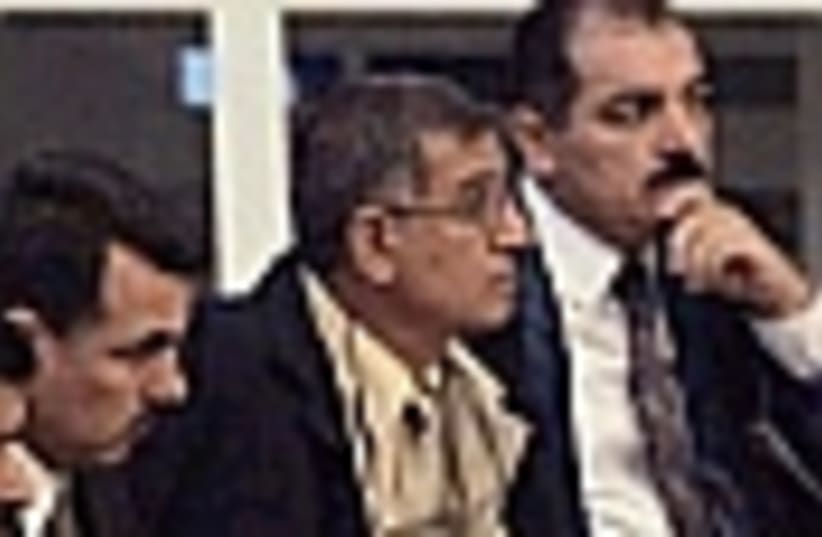| More about: | Ibrahim al-Jaafari, United States, Human Rights Watch, Richard Goldstone |
Attackers assassinate another lawyer in Saddam trial
Killing casts doubt on Iraq's ability to try the case.


| More about: | Ibrahim al-Jaafari, United States, Human Rights Watch, Richard Goldstone |